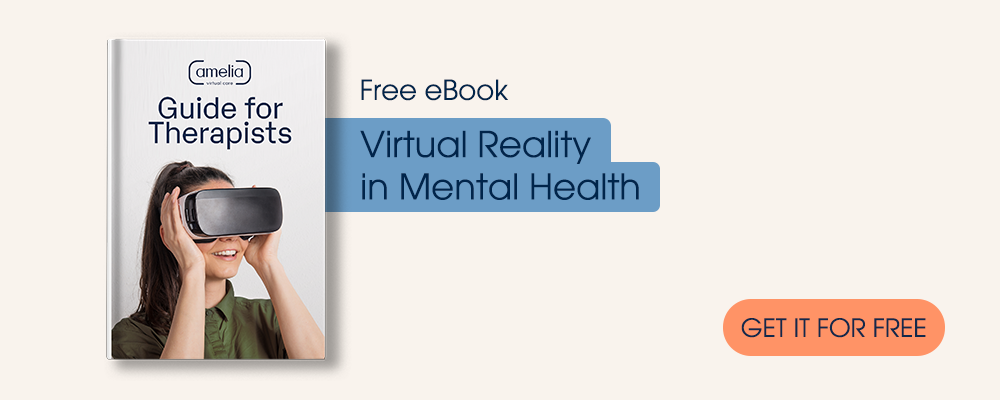How to Improve the Mental Health in Older Adults
Mental health issues affect a significant amount of people including older adults. Indeed, seniors are easily viewed as sullen and lonely but a sizable number of them live happy lives.
Getting older does not mean getting sadder. Yet, older adults can experience periods of loneliness, isolation, depression, and more severe conditions. It is baffling then that mental health in older adults is often taken for granted. Mental health systems do not adequately cover care for seniors. This is a mistake because a large percentage of people are aged 55 and above.
The Center for Disease Control (CDC) also estimates that 20% of older adults experience some type of mental health concern. These conditions can go on to impact physical wellbeing, social functioning, and make treatments for other chronic disorders more complicated.
Changing Mental Health Treatment for Older Adults
Mental health conditions increase as people age despite that they are not a normal part of aging. Many of them are a result of how seniors are able to adjust to the changes in their lives. As people experience loss, grief, and other life altering events, they tend to react differently and transition at individual paces that may give rise to issues such as loneliness, anxiety, isolation, and in extreme cases psychosis. Worry over a wide range of circumstances such as not having enough money, lack of social interaction, family members moving away can all impact how seniors experience life, and how they adjust to aging. There is the high tendency for seniors to experience mood disorders and other mental health conditions because of the pandemic. The less of their family that COVID made them see, the more older adults with mental health problems that we have. It’s easy for the rest of society not to notice.
Taking care of the mental health of seniors is essential to improving their wellbeing and that of their loved ones. Some of them may be putting in the effort to make lifestyle changes that improve their mental health through therapy and medication. Staying connected to family and friends can lead to big improvements but what happens in situations where family is far away and friends are not within reach? If a senior is already seeking help from a professional, virtual reality can be useful to simulate connected experiences and help them recover faster.
Virtual Reality and Mental Health in Older Adults
Virtual reality is a viable method for promoting wellbeing among older adults. Recent findings have shown that interventions through virtual reality have the potential for improving health outcomes in older adults. Virtual reality has been utilized for improving physical capabilities including posture, balance, pain management, and fall prevention. Experts say that it is a promising tool for enhancing care of cognitive and affective disorders. Although clinical use of virtual reality for treating children and adolescents is common, this isn’t the case with older adults. Seniors experience more traditional methods when it comes to receiving treatment for mental health conditions. Clinicians and therapists are leaving a void in treatment procedures of older adults, and therapy sessions can see massive improvements with the introduction of this technology.
Virtual reality can be used during therapy to distract older adults from pain and mental health problems like anxiety, loneliness, depression, and so on. While they are immersed in simulated environments, they lose concentration on their mental health disturbances or physical pain. As with physical capabilities, virtual reality can lead to significant improvements in mental and psychosocial health. Frailty, usability, and acceptability are major limiting factors in administering virtual reality interventions during therapy for older adults but they are also issues that the psychologist or other professional can handle quickly. When seniors try VR interventions and experience improvements in their moods, they would be open to the method next time.
Amelia Virtual Care provides the tools and technologically generated environments that therapists can utilize in their sessions. If you help seniors who are experiencing mental health disturbances, you should book a consultation today to explore how virtual reality can improve your practice.













